
In what is shaping up to be one of the most intriguing political maneuvers ahead of the upcoming elections, the New Patriotic Party’s (NPP) flagbearer, H.E. Alhaji (Dr) Mahamudu Bawumia finds himself at crossroads that could redefine the party’s future and potentially the political landscape of Ghana.
With an array of prospective candidates to choose from, Dr Bawumia’s decision for a running mate is not just about complementing his candidacy but striking the right balance between regional representation and religious affinity amidst calls for gender parity.
Among the top contenders from the Ashanti Region, the stronghold of the NPP, are Dr. Matthew Opoku Prempeh (NAPO), the current Minister for Energy and MP for Manhyia South, and Dr. Yaw Osei Adutwum, the Minister for Education and MP for Bosomtwe.
Both men are well-regarded within their fields and regions, presenting a strong case for regional support.
Yet, the inclusion of Mrs. Irene Naa Torshie Addo Lartey, the Administrator of the District Assemblies Common Fund and former MP for Tema West Constituency, introduces a compelling narrative that transcends geographical loyalty.
Mrs Addo Lartey, a staunch Christian and a member of the International Central Gospel Church, represents not just a bridge across religious lines but also embodies the growing clamor for gender representation at the highest levels of political decision-making.
Her candidacy comes at a time when the opposition National Democratic Congress (NDC) has already made a significant statement by selecting a woman as its vice-presidential candidate, sparking debates on the need for gender parity on presidential tickets.
While the religious affiliations of other potential candidates are notable, with NAPO fellowshipping at the Maker’s House Chapel International and Dr. Adutwum being a member of the Pentecost Church, Mrs. Irene Naa Torshie Addo Lartey’s engagement with the religious community sets her apart. Her interactions and standing within the Christian leadership across various denominations place her miles ahead of her counterparts in terms of religious influence and outreach.
This distinction is not merely about religious participation but reflects a deeper, more impactful engagement with faith communities.
Mrs. Addo Lartey’s extensive network within both mainstream and independent Christian circles, coupled with her contributions to the spiritual and social fabric of the Christian community in Ghana, underscores a unique blend of faith-based leadership and social action that neither NAPO nor Dr. Adutwum have matched in scope or impact.
Mrs. Addo Lartey’s candidacy is further distinguished by her profound connections with a spectrum of Christian leadership across Ghana. Spanning orthodox, Pentecostal, Charismatic and the various independent “one-man” churches, her relationships with these religious leaders underscore a unifying influence across doctrinal divides.
This broad engagement has not only positioned her as a figure of spiritual significance but also as a bridge-builder in the religious community. Her efforts have catalysed a sense of unity and purpose among Christian denominations, highlighting her potential to bring a similarly cohesive approach to national leadership.
One of Mrs. Addo Lartey’s most notable achievements is her instrumental role in establishing a de facto Christian pilgrimage within Ghana.
This initiative, a journey that for decades was predominantly a feature of the Muslim faith, marks a significant cultural and spiritual milestone.
By fostering a Christian counterpart, Mrs. Addo Lartey has not only enriched the spiritual landscape of Ghana but has also democratized religious pilgrimage, making it accessible and meaningful to a wider segment of the population.
Her support for Christian groups extends beyond spiritual journeys; it encompasses diverse forms of aid that have strengthened the fabric of Christian communities throughout Ghana.
These actions speak volumes about her commitment to faith-based development and her ability to leverage religious goodwill for national unity and progress.
The dilemma for Dr. Bawumia, a Muslim from the less NPP-popular northern regions, is profound.
The decision ahead is not merely about securing the party’s traditional base but resonates with a broader question of how religion, region, and gender can coalesce to form a more inclusive and representative political framework.
The choice is particularly poignant given recent comments from Christian leaders expressing a desire to see individuals of strong Christian faith in leadership positions, highlighting an undercurrent of religious preference that cannot be ignored.
As Ghana stands on the cusp of a pivotal electoral battle, the NPP’s strategy in selecting Dr. Bawumia’s running mate could signal a new era of political engagement where diversity, inclusivity, and representation take center stage.
While the Ashanti Region remains a crucial battleground for the party, the voices calling for a broader reflection on religious affiliation and gender representation grow louder.
Mrs. Irene Naa Torshie Addo Lartey represents not just a nod to these voices but a bold step towards redefining what leadership looks like in Ghana.
In the end, the decision rests with Dr. Bawumia and the NPP leadership, but the implications will be felt far beyond the party lines.
As Ghana navigates these complex socio-political waters, the choice of a running mate becomes more than a tactical move; it is a statement of intent, a vision for the future and a testament to the evolving dynamics of Ghanaian democracy.
By Richard Appiah
The post Bawumia Running Mate Saga: Region or Religion? appeared first on The Ghanaian Chronicle.
Read Full Story
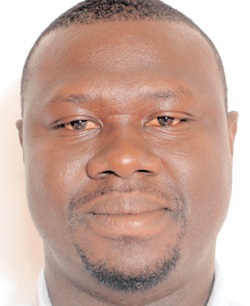

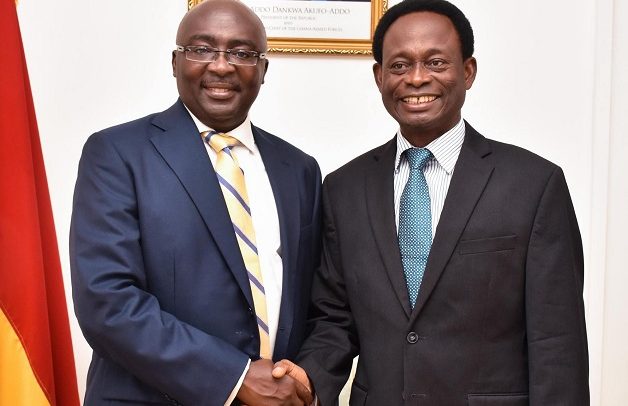
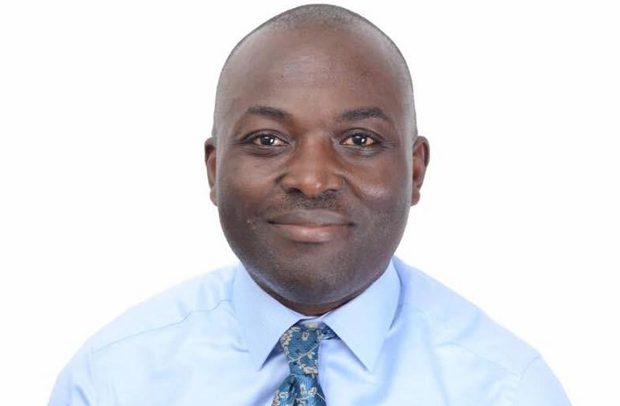
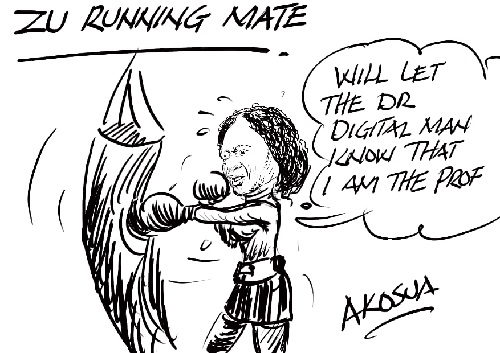
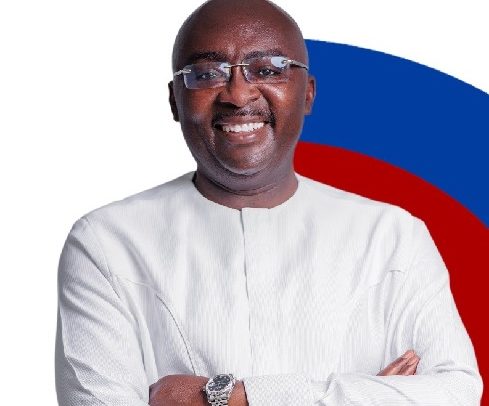














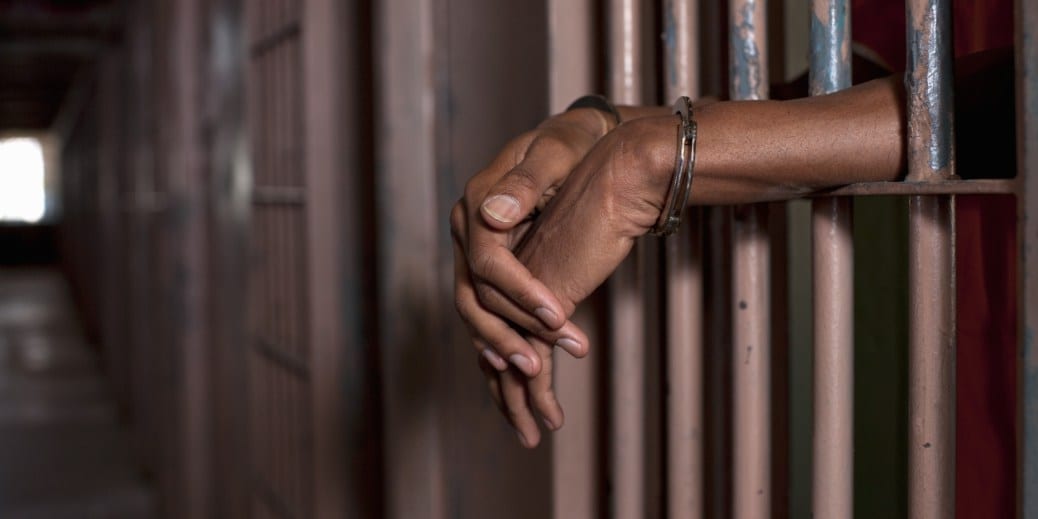


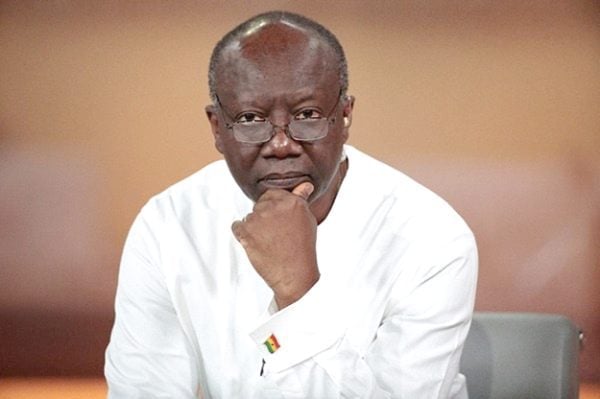

Facebook
Twitter
Pinterest
Instagram
Google+
YouTube
LinkedIn
RSS